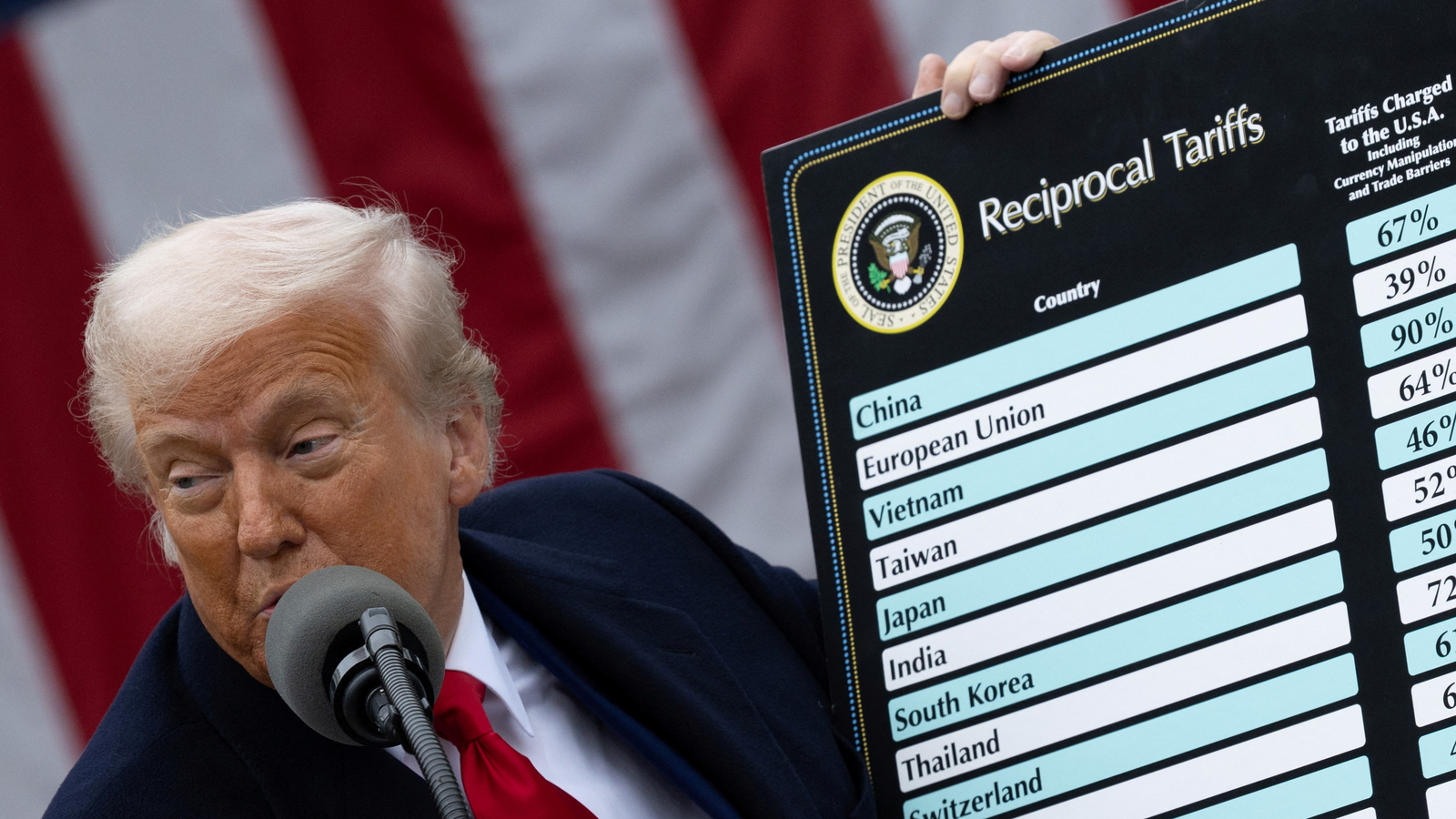Trump's Trade Talks: Navigating Shifting Alliances in India, Israel, and Vietnam
Introduction: The Trump administration's approach to trade significantly reshaped global economic relations. While often characterized by aggressive tariffs and bilateral negotiations, its impact on key alliances with India, Israel, and Vietnam was complex and far-reaching. This article delves into the key aspects of these trade talks, analyzing their successes, failures, and lasting consequences on the global economic landscape.
Trump's Trade Policies: A Recap
Before diving into the specifics of the bilateral talks, it's crucial to understand the overarching principles of Trump's trade policy. His administration prioritized:
- Bilateralism: Moving away from multilateral agreements like the Trans-Pacific Partnership (TPP), preferring direct negotiations with individual countries.
- Protectionism: Imposing tariffs on imported goods to protect American industries and jobs, often leading to retaliatory measures from other nations.
- Reciprocity: Demanding fairer trade practices and reciprocal market access for American businesses.
India: A Complex Relationship
The US-India trade relationship under Trump was marked by both cooperation and conflict. While both nations expressed a desire to strengthen ties, significant trade imbalances and disagreements over intellectual property rights created friction. Key points include:
- Tariffs and Retaliation: The US imposed tariffs on certain Indian goods, prompting retaliatory measures from India. This led to a tit-for-tat escalation, impacting various sectors.
- Defense Cooperation: Despite the trade disputes, defense cooperation remained strong, showcasing a multifaceted relationship. Both nations pursued joint military exercises and arms deals.
- Digital Services Tax: Disagreements arose over India's digital services tax, which the US viewed as discriminatory against American tech companies.
Israel: A Strong Strategic Partnership
The US-Israel trade relationship remained largely positive under Trump, built on a foundation of strong strategic alignment. Key aspects included:
- Continued Free Trade: The existing free trade agreement between the two nations continued to facilitate trade and investment.
- Focus on Technology and Innovation: Cooperation in areas such as technology, cybersecurity, and innovation remained a cornerstone of the relationship.
- Abraham Accords: Trump's role in brokering the Abraham Accords, normalizing relations between Israel and several Arab nations, had indirect but significant implications for regional trade.
Vietnam: A Rising Economic Power
Vietnam emerged as a significant trading partner for the US during the Trump administration. While not without challenges, the relationship was characterized by:
- Trade Surplus: Vietnam maintained a significant trade surplus with the US, reflecting its growing manufacturing sector and its attractiveness as a manufacturing hub.
- Concerns over Labor Practices: The US expressed concerns about labor practices and intellectual property rights in Vietnam, leading to ongoing discussions.
- Shifting Global Supply Chains: Vietnam benefited from companies shifting their manufacturing operations from China due to the US-China trade war, leading to increased trade volume.
Long-Term Implications:
Trump's trade policies left a lasting impact on the relationships between the US, India, Israel, and Vietnam. While some disagreements remain, the overall trend points towards a complex interplay of cooperation and competition. The focus on bilateralism, while disruptive, has forced nations to reassess their trade strategies and seek more nuanced approaches. The lasting effects of these trade negotiations will continue to shape the global economic landscape for years to come.
Conclusion:
The Trump administration's trade talks with India, Israel, and Vietnam highlight the multifaceted nature of international relations. While the policies were often controversial, they prompted significant shifts in global trade patterns and spurred nations to reassess their economic strategies. Understanding these interactions is crucial for navigating the complexities of the modern global economy. Further research into the specific details of each negotiation, including relevant trade data and official statements, is recommended for a more comprehensive understanding.

